The currency would collapse. Output would go into freefall. Unemployment would soar and the IMF would be back in charge quicker than you could say “chainsaw.” When Argentina voted into power its libertarian new president Javier Milei there were predictions that his radical free market reforms would quickly plunge the country into chaos. But hold on. In fact, it is not quite going according to the script — instead there are signs that Milei’s harsh medicine might be working.
The Hayek-quoting Milei represents a decisive break from a century of big-state Argentinian politics that turned what used to be one of the world’s richest countries into a synonym for chaos and mismanagement. Milei has already slashed a series of ministries, including the department of culture (or department of indoctrination as he calls it), abolishing rent controls, and freeing up industry. He hasn’t yet replaced the peso with the dollar, or abolished the central bank, but ruling largely by decree he has made a lot of progress in a very short space of time.
The interesting point is this. The early results are encouraging. For January, the country reported a budget surplus of $589 million, the first time the government had managed to collect more money than it spent over the course of a month since 2012. That was largely the result of tough spending cuts imposed by the president. The price of Argentinian bonds, traditionally not the safest of assets, has rallied to a four-year high as the markets start to warm to the new administration, and the peso, which Milei devalued sharply on taking office, has started to recover as well. The S&P Merval Index that includes Argentina’s largest companies has almost doubled over the last six months, rising above 1,200 at the start of February, although it has fallen back a little since then.
True, there is still plenty of bad news. Overall output is still falling at an annualized rate of over 3 percent, and inflation is still above 140 percent, while retail sales fell 28 percent in January, as the impact of the shock therapy took its toll. Even so, Milei is still in power, and the signs are his reforms may soon start to work. In reality, Argentina was in such a dire state that it won’t take very much to improve the performance of what remains an economy rich in natural resources and human talent. And if Milei can turn the country around, Argentina may yet turn into an unlikely beacon of free market liberalism — and the place where the relentless growth of the state finally met its match.
This article was originally published on The Spectator’s UK website.














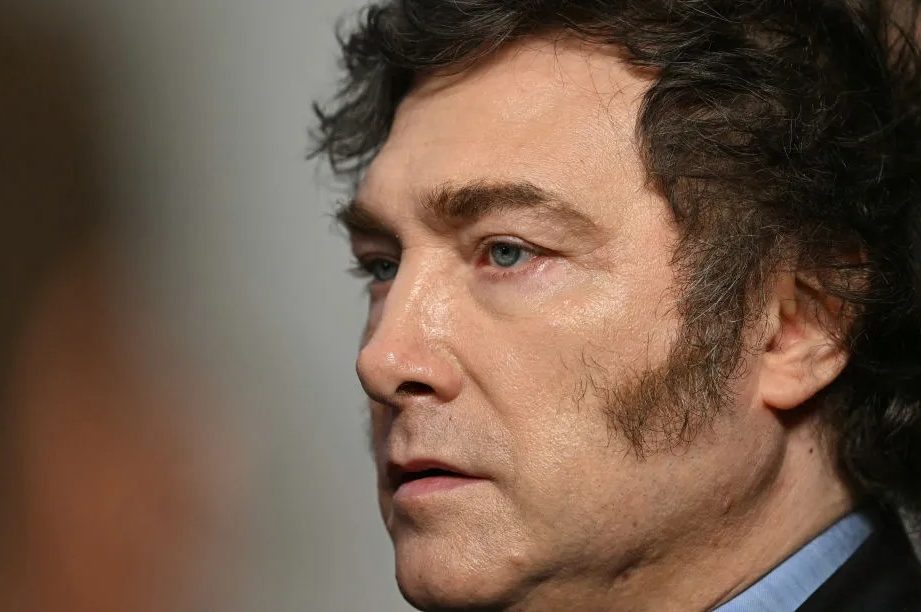
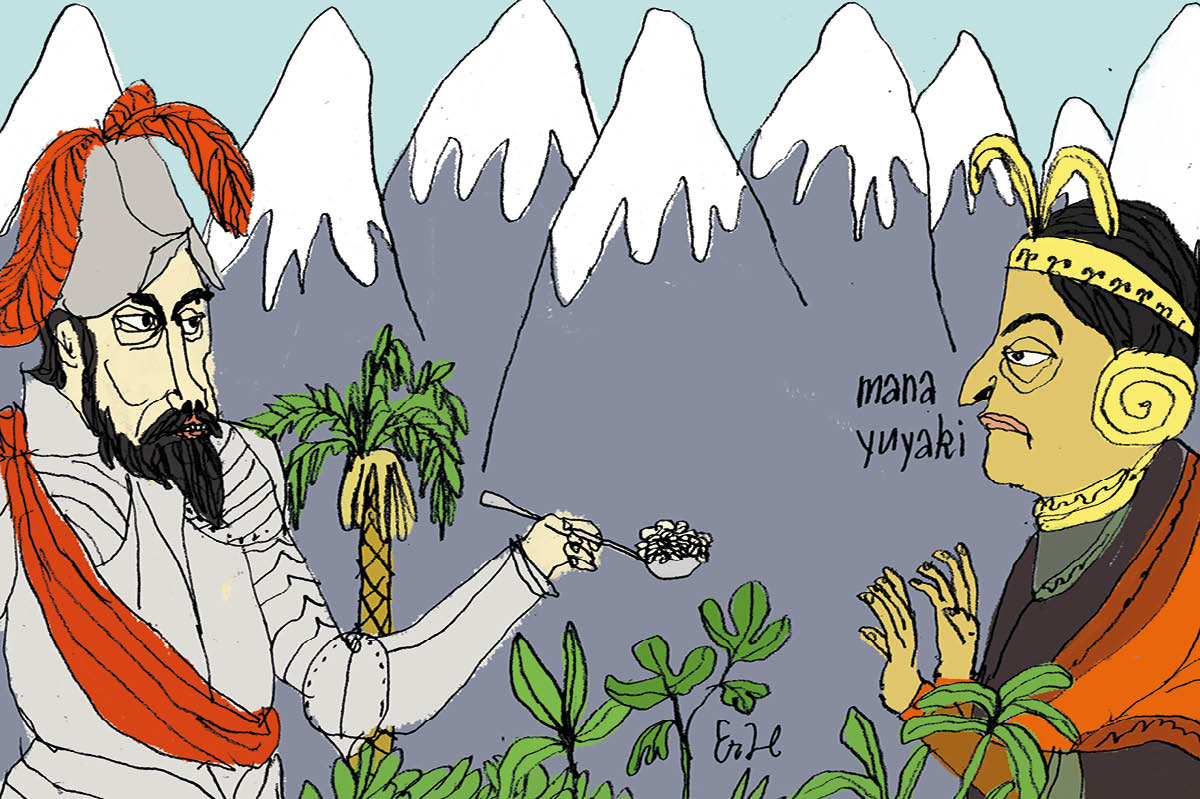







Leave a Reply